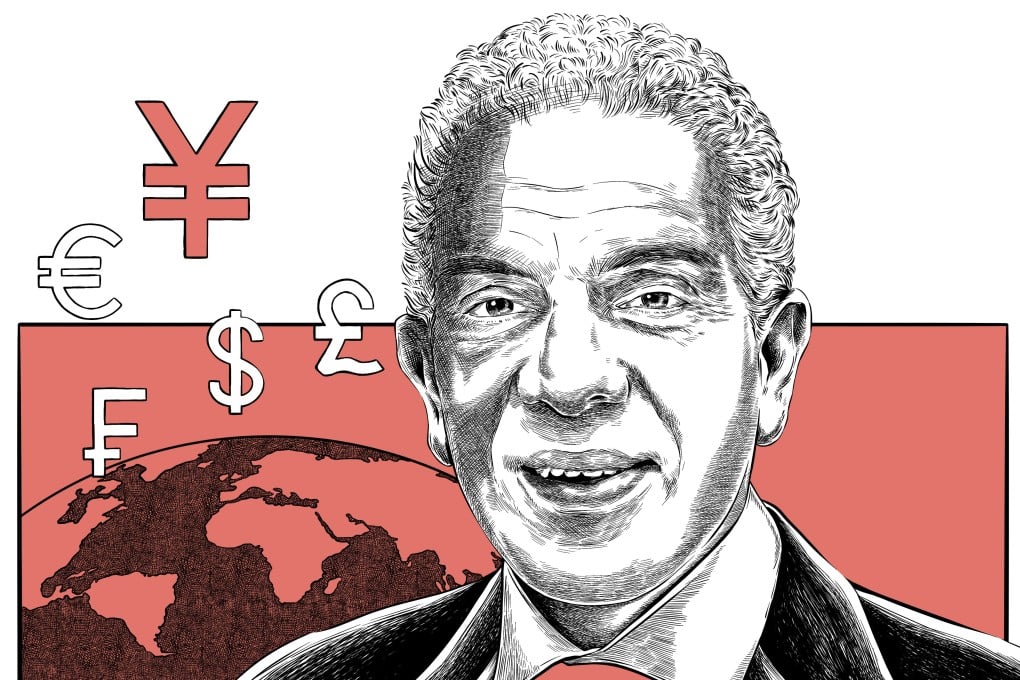Open Questions | French economist Marc Uzan on how China can help reshape the global financial system
With the US-led financial consensus at a crossroads, economist Marc Uzan says China has role to play in systemic reform

French economist Marc Uzan is executive director and founder of the Reinventing Bretton Woods Committee, a non-profit organisation established in 1994 to address issues related to the world’s financial architecture. He has been working closely with central banks and finance ministries around the world, as well as international organisations such as the International Monetary Fund and the Group of 20, to bring stakeholders together to attempt to fix the system.
This question brought a multitude of thoughts about the objectives of the 44 nations whose representatives gathered at Bretton Woods, New Hampshire, in the summer of 1944 to establish a new economic order.
The world has changed considerably since then. Instead of a system of fixed exchange rates among major currencies, we now have a mixed system with major floating currency areas but fixed rates among smaller countries. At that time, we had capital controls, and now we are a global financial market. And from a small group of 44 countries that became the founding members of the International Monetary Fund (IMF) and World Bank, we now have membership that has expanded to [almost] all countries in the world.
Indeed, with all the complexities and uncertainties that the existing international monetary system presents, Bretton Woods seems to evoke a more orderly and cohesive world, raising the question of whether the international community should not strive towards a new Bretton Woods.
The big challenge 30 years ago was really how to integrate new countries in the global economy, including China and the big emerging markets. And we had over 30 years of what we call globalisation, with open financial markets and, of course, many financial crises.
